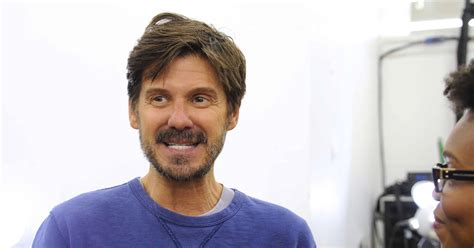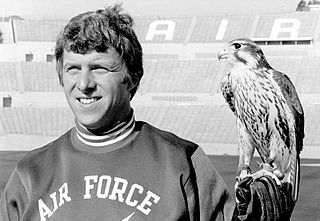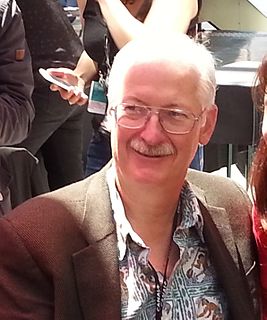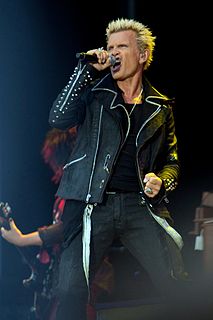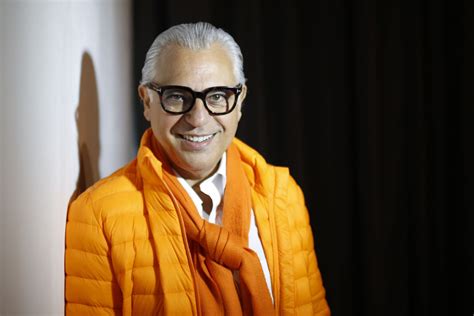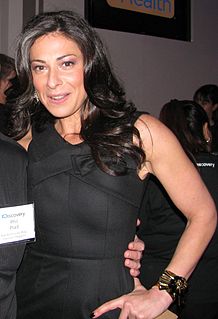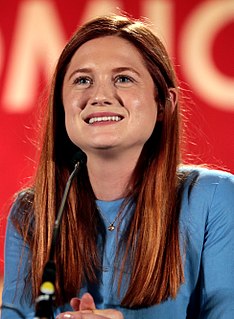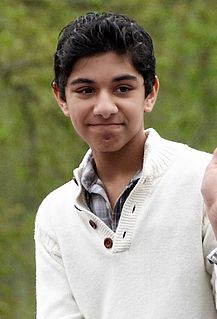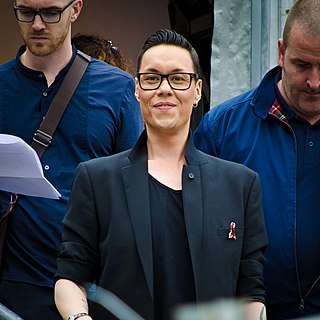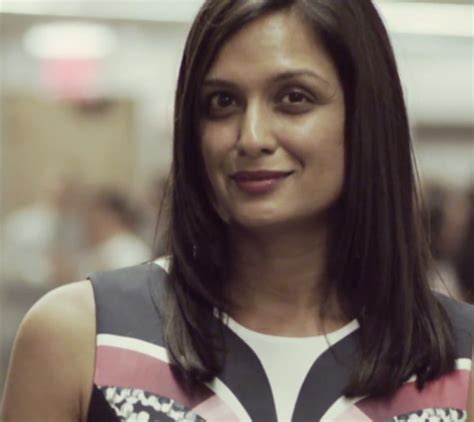A Quote by Guido Palau
I didn't know I wanted to be a hairdresser. I was always interested in fashion and imagery in a very naive way, but it was always an attraction, like glitter balls. This was in the late '70s, early '80s, so it wasn't like today, where you kind of know all about the industry. Fashion was a very insider industry then - it was very closed. So I didn't really know what I wanted to do.
Related Quotes
Some guys are just very, very interested in their sport and their predecessors. I know I was a guy like that when I was a young coach. I wanted to know about George Halas, I wanted to know about Jim Lee Howell, guys you don't even know. I wanted to know what they were like. So I read whatever I could get my hands on.
If we're having a glitzy over-the-top moment, fashion is very glitzy and over-the-top, you know, over-the-top. If we're having a moment where things are, you know, we're in a recession, fashion becomes quiet. So, in terms of popular culture, fashion and especially women's fashion is incredibly interesting, aside from satisfying just a particular need to create and arrange things in a way that one sees as beautiful. And so, in a certain way, it's fulfilling. In another way, it's very fleeting because it doesn't last very long. You know, a beautiful moment in fashion goes away very quickly.
We wanted a musical number that would capture the exhilaration of being out on a boat as they were and sailing with the stars and all that. So that's the origin of We Know the Way. From very early on we said, for an audience that doesn't know this, what we need a song that can really have the kind of sweep and the, you know, pull you in. So that was early on, we conceived of like that should be a musical moment [in Maona].
I've always been very interested in fashion, but it is extremely important to me that the social and environment issues associated with the production of fashionable clothing are addressed. Made-By carries out really important work in transforming the fashion industry, and I am thrilled to support the organisation and help raise awareness of these ongoing issues.
Fashion Week was at Bryant Park and there were a few shows like Marc Jacobs, or when Alexander McQueen came to town, that were offsite, Helmut [Lung] was offsite, but it was very intimate. It wasn't the way it is today where you have a thousand people at the show. You may have had 200 to 250 and it was really the trade and you know fashion greats.
